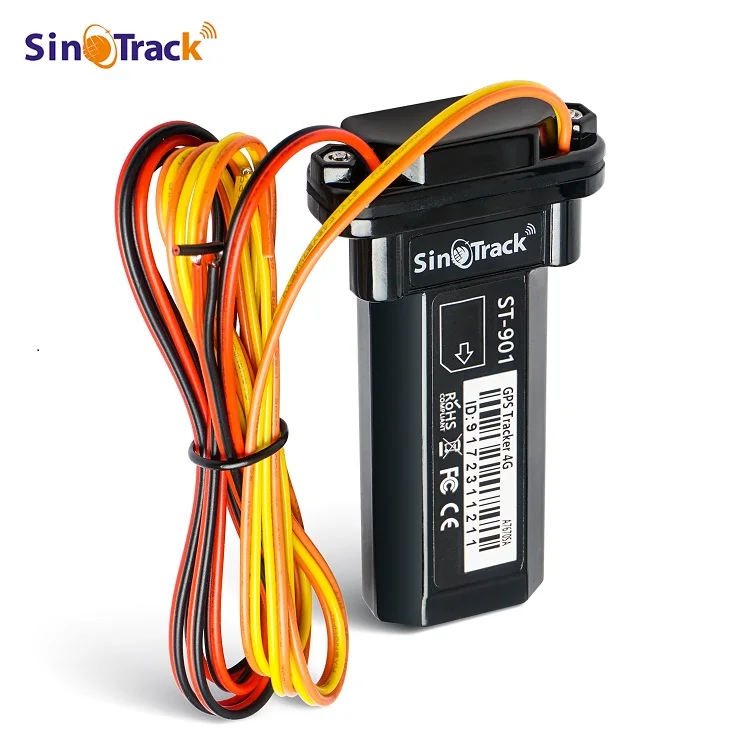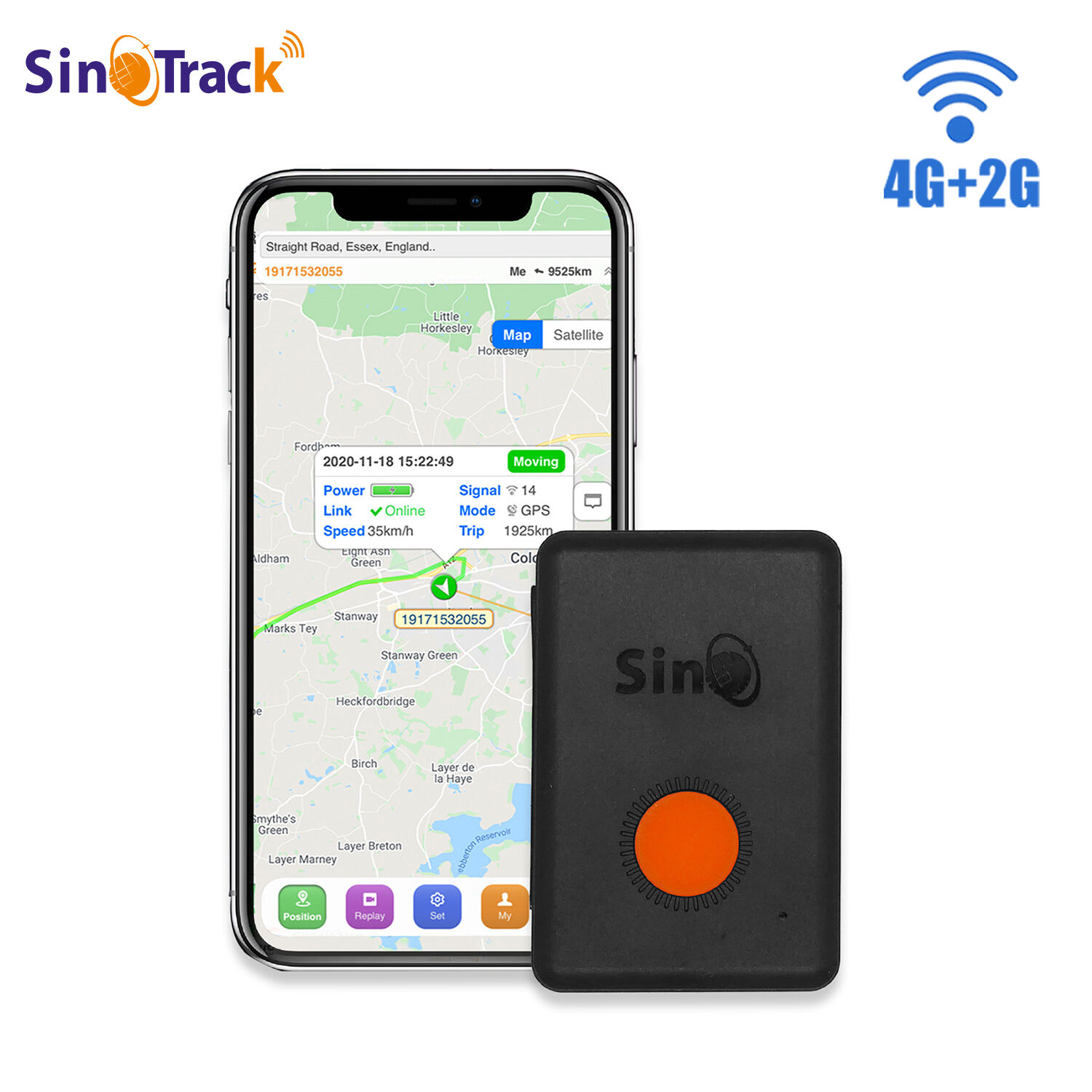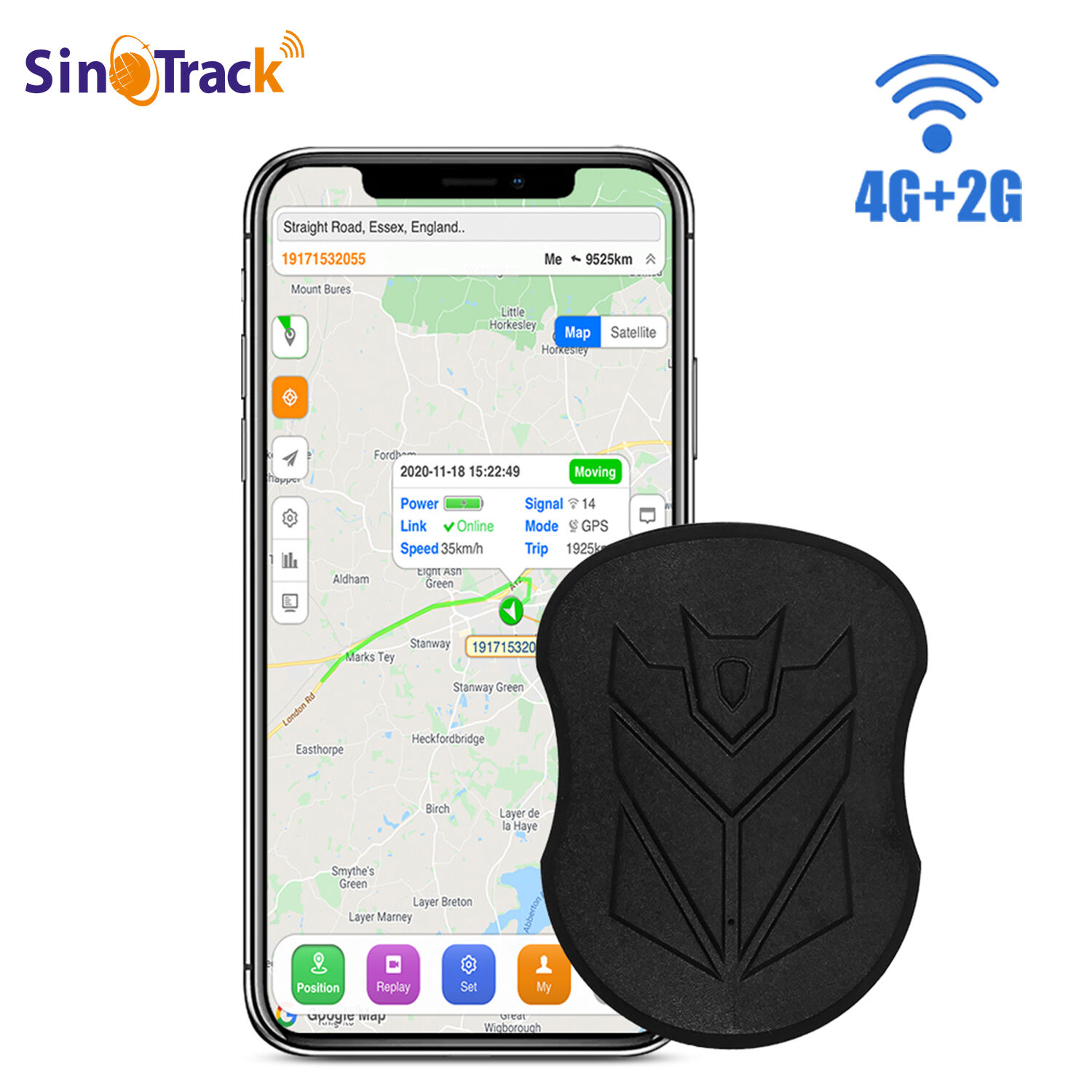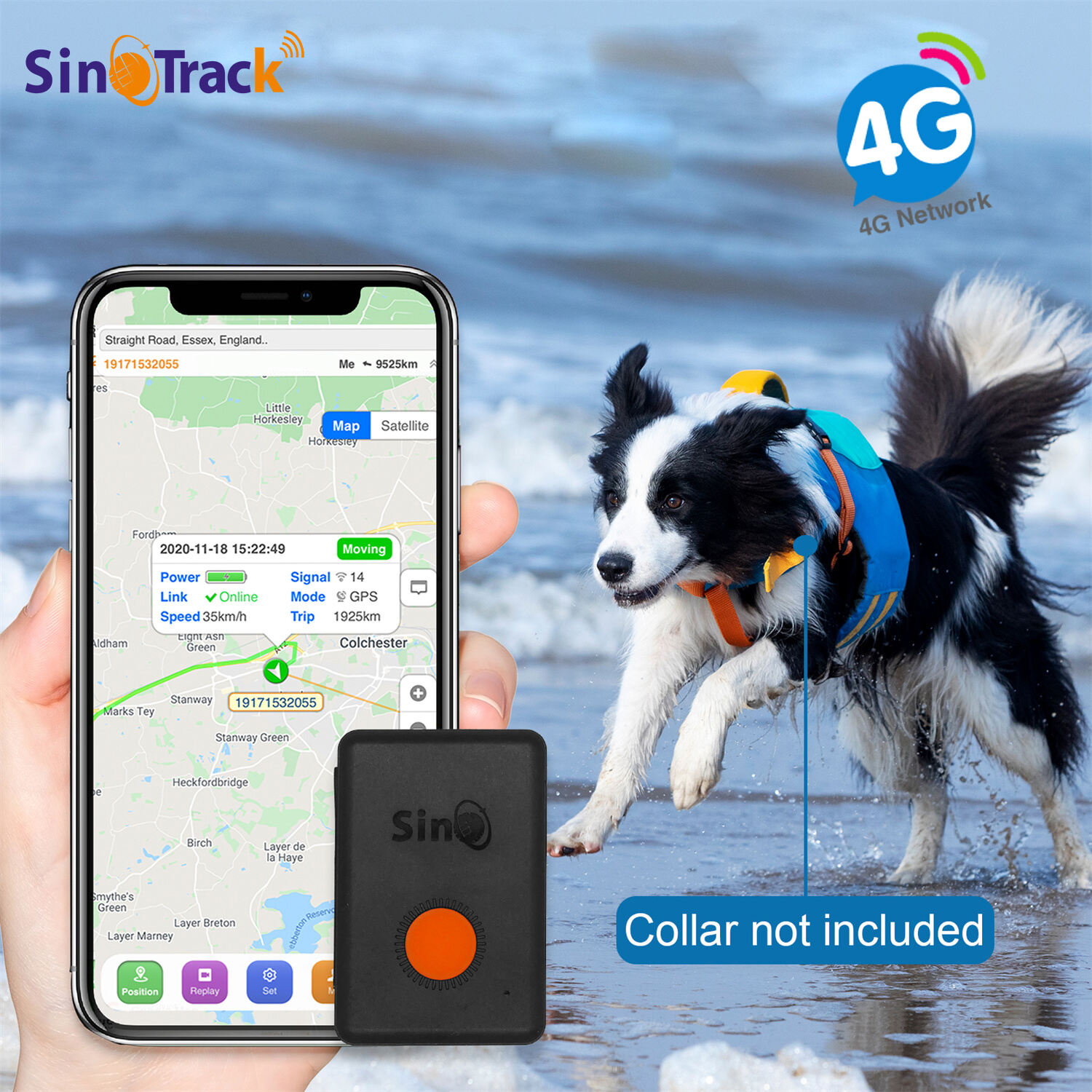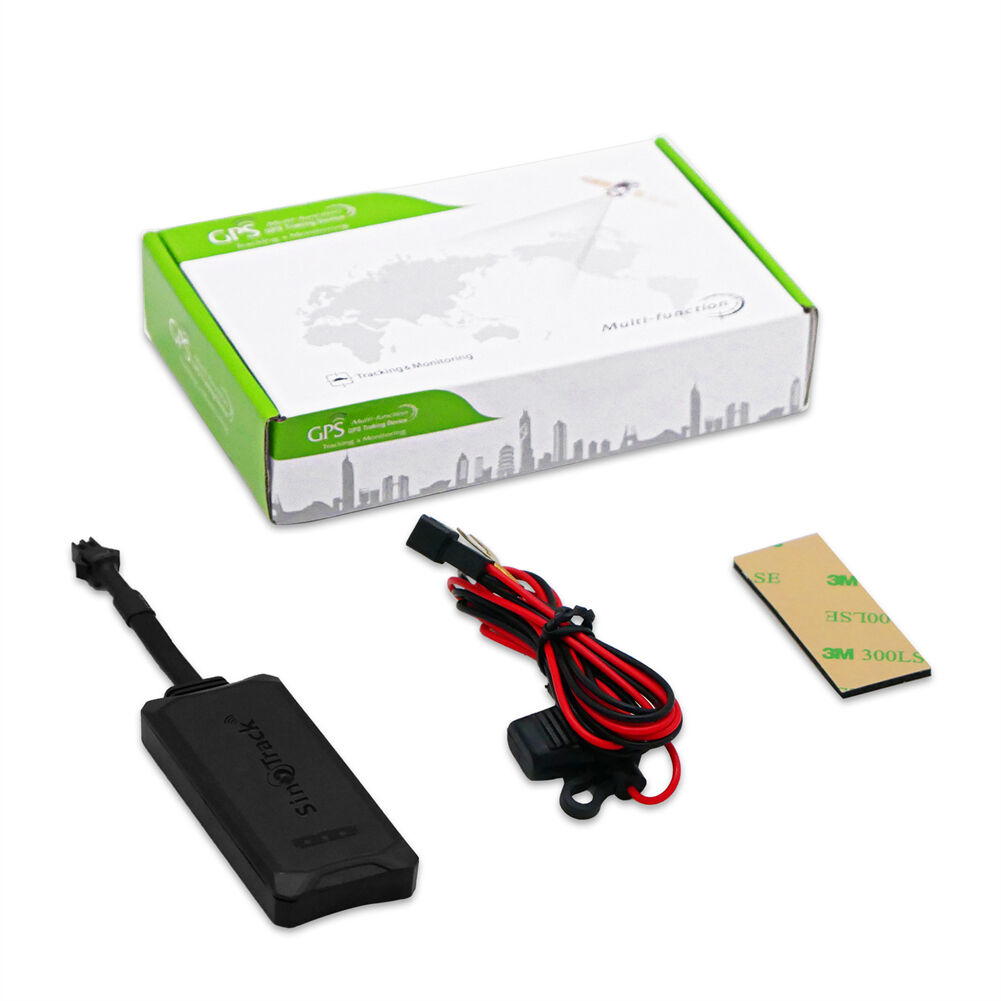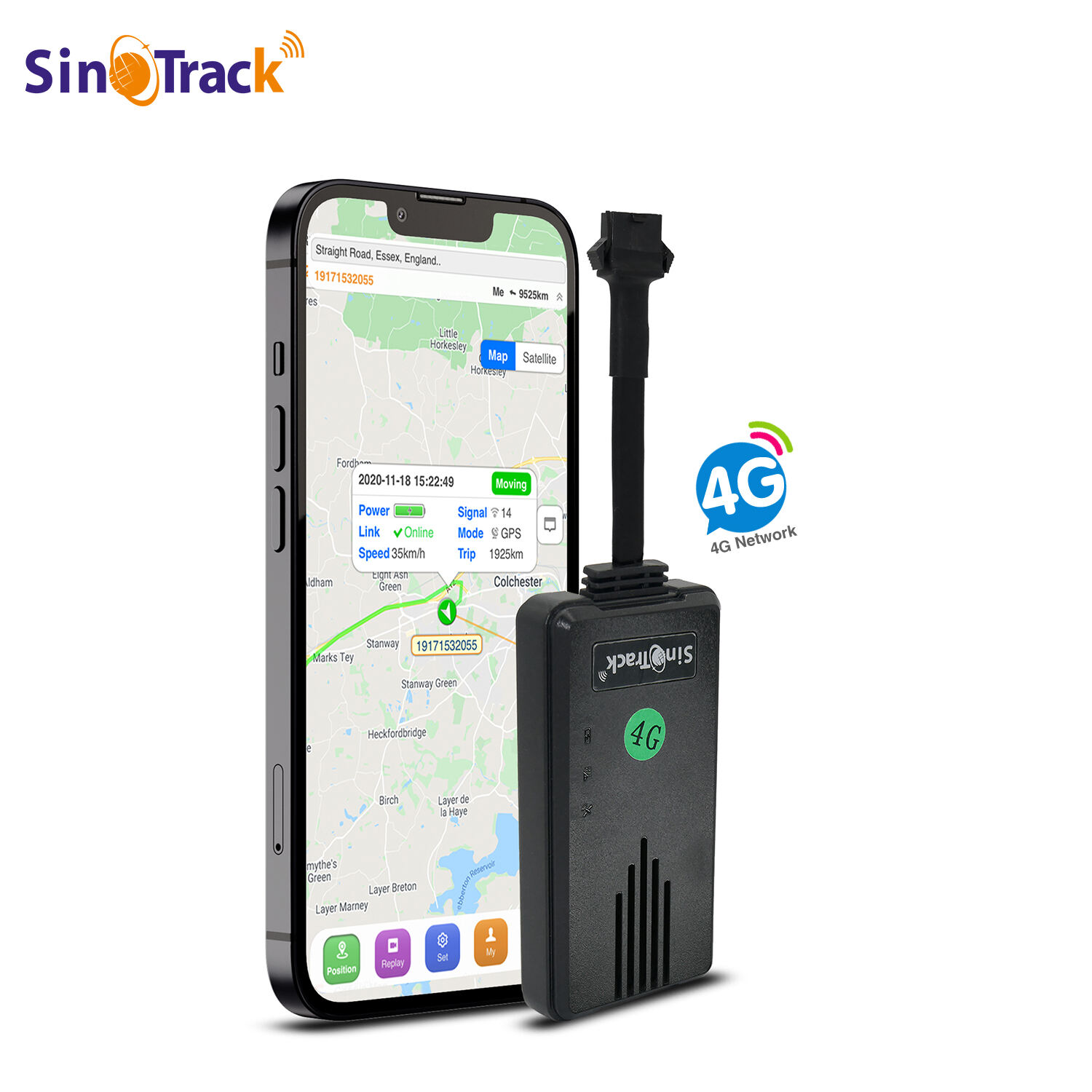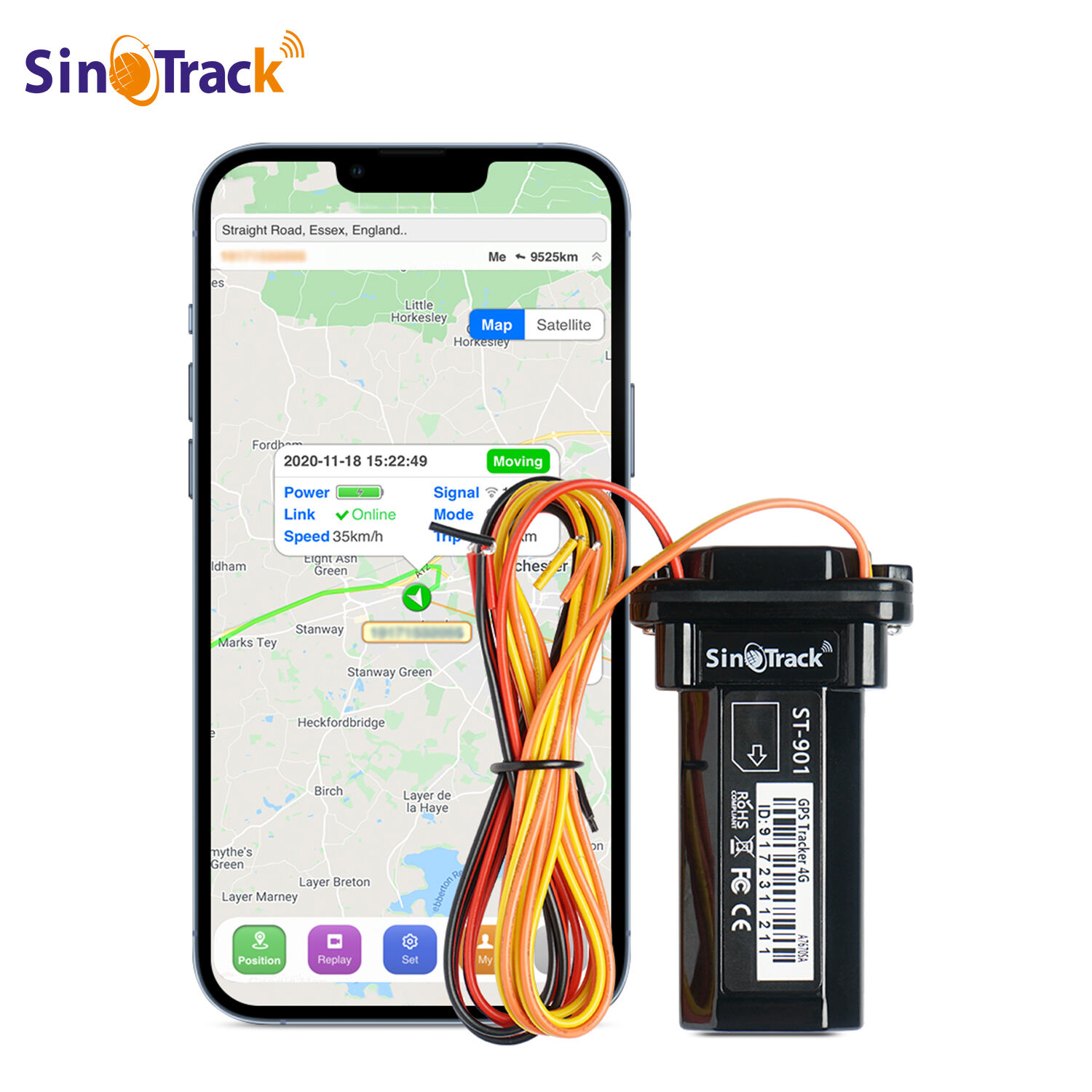Comprehensive Fleet Management and Operational Efficiency
Cars with GPS tracker revolutionize fleet management by providing comprehensive operational insights that transform how businesses monitor, manage, and optimize their vehicle resources for maximum efficiency and cost-effectiveness. The sophisticated analytics capabilities built into modern cars with GPS tracker systems generate detailed reports covering every aspect of vehicle operation, including fuel consumption patterns, maintenance schedules, driver performance metrics, and route optimization opportunities that directly impact operational costs. Fleet managers utilizing cars with GPS tracker gain unprecedented visibility into driver behavior through detailed scorecards that track metrics such as harsh braking, rapid acceleration, excessive speeding, and prolonged idling periods that waste fuel and increase vehicle wear. The automated reporting features eliminate manual tracking requirements while providing accurate data for payroll processing, tax documentation, and regulatory compliance reporting that saves administrative time and reduces human error risks. Cars with GPS tracker enable dynamic route planning that accounts for real-time traffic conditions, construction zones, and weather patterns to ensure drivers take the most efficient paths possible, reducing fuel costs and improving customer service through more accurate delivery estimates. The preventive maintenance scheduling capabilities monitor vehicle usage patterns and automatically generate service reminders based on actual mileage, engine hours, or time intervals, helping prevent costly breakdowns while ensuring vehicles remain in optimal operating condition. Integration with fuel management systems allows cars with GPS tracker to detect unauthorized fuel usage, identify potential fuel card fraud, and optimize fuel purchasing decisions based on location and pricing data. The detailed analytics help identify underutilized vehicles that could be eliminated from fleets or repositioned to areas with higher demand, enabling better asset allocation and reduced operational overhead. Customer service improvements result from the ability to provide real-time delivery updates, accurate arrival estimates, and immediate notification of any delays or route changes that affect scheduled appointments or deliveries.

